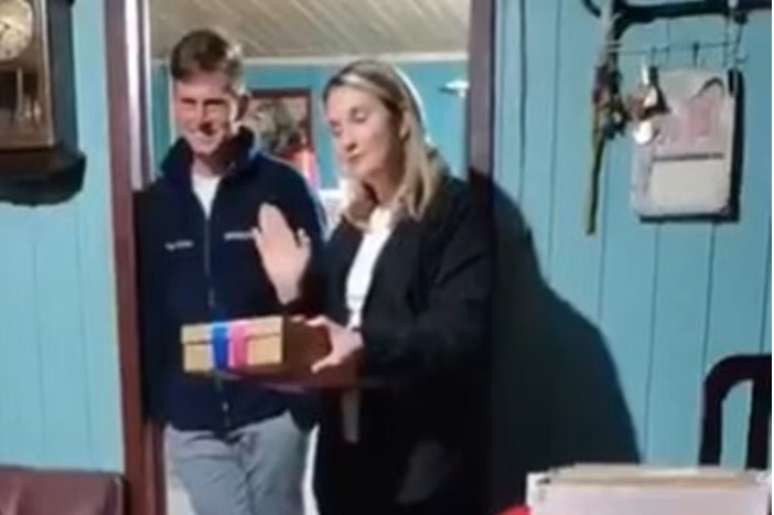In July of this year, the Chamber of Deputies approved the bill n. 2384/2023, which regulates the return of the deciding vote for the tiebreaker in the proclamation of the results of the processes of the Administrative Council of Tax Appeals (CARF).
For context, it’s worth clarifying that CARF is a joint administrative tribunal that hears tax appeals, in which taxpayers and the federal government contest the federal tax liability, and its adjudicative panels are composed of representatives from both sides. In case of equal judgment, the vote of the President of Classe prevailed, a position held by a government representative, as provided for by article 25, paragraph 9 of decree 70.235/72, which obviously involved the judgment of the complaint in favor of the IRS not the taxpayer.
Since the publication of the Law n. 13,988, which took place in April 2020, the vote in favor of the Revenue Agency was revoked and, in the event of a tie, the judgment was resolved in favor of the taxpayers, extinguishing the tax obligation.
However, in January 2023, the Government published the Provisional Measure n. 1.160/2023, and again brought the casting vote to the benefit of the tax authorities. On that occasion, CARF put processes with more expressive economic values on the judgment agenda, such as, for example, a case of R$ 5.7 billion against Petrobras, in which the 1st panel of CARF maintained the tax claim against the company (trials no. 16682.722511/2015-89 and 16682.722510/2015-34).
The Provisional Provision was not converted into definitive law within the constitutional deadline, and lost its effectiveness in June 2023. From that date the tie-breaker criterion in favor of the taxpayer was re-established.
The return of the vote in favor of taxpayers prompted the government to submit to the Chamber of Deputies, in May of this year, the bill n. 2,385. The resumption of the casting vote for the government representative is part of one of the measures of the fiscal adjustment package presented this year by the Ministry of Economy, which aims to increase revenues. The text was approved by the Chamber, returning the decisive vote to the government representative – however, with the legislative novelty of the provision for the exclusion of penalties and interest in the event of an equal judgment, i.e. the taxpayer will have to pay the principal debt ascertained, but not fines and interest.
The pro-tax vote is a controversial issue in the tax field, and has always raised discussions about its constitutionality, since it places the taxman in a situation of superiority over the taxpayer. Historically, the Treasury tends to commit excesses and illegalities in the collection of taxes, believing that the State is the strongest link in the tax legal relationship, which generates numerous administrative and judicial disputes on the legality of the collection. For this reason, it is understood that the casting vote in favor of the Government compromises the impartiality of administrative judgments, because if the creditor is carrying out a judgment on his credit and the casting vote is given by his representative, logically the trend is that the judgment is favorable to him.
Favoring the Treasury with the casting vote tends to burden taxpayers to satisfy the government’s tax-collecting rampage, especially given the country’s current extremely complex tax system, where small mistakes can lead to serious valuations. Furthermore, the acts of the Public Administration already have a presumption of legality, and it is up to the taxpayer to prove the illegitimacy to remove the tax obligation, which in itself already constitutes a disadvantageous situation vis-à-vis the State.
The Federal Supreme Court already has the majority of votes in favor of the constitutionality of Law no. 13.988/2020 (ADI n. 6.399, 6.403 and 6.415), it being understood that the legislator has the right to revoke the decisive vote in favor of the tax authority and set up a tiebreaker in favor of taxpayers. The votes take into account the Federal Constitution, which provides for various guarantees to protect taxpayers against state abuses in tax collection, such as the principle of legality, the prohibition of confiscation, tax precedence, non-retroactivity of taxation, etc.
The discussion on the return of the casting vote is directly linked to the goal of increasing revenue collection, with the likely approval of the bill presented by the government. However, given the position of the STF, the constitutionality of the casting vote and of the appeals decided by the CARF according to this system can be challenged before the judiciary by taxpayers. This scenario unfortunately exacerbates tax litigation in Brazil, contrary to the tax litigation reduction programs established by the federal government in 2023.
The resumption of the casting vote in favor of the government is bad for society, as the volume of tax cases in Brazil is already very high and will continue to grow. The times and costs involved in these processes consequently affect the country’s economic growth and tend to discourage the attraction of foreign investments.
Considering that the pro-taxpayer tiebreaker remains valid for now, it is important to monitor the vote on the bill n.
*Everson Santana is a tax attorney at Mandaliti
Source: Terra
Rose James is a Gossipify movie and series reviewer known for her in-depth analysis and unique perspective on the latest releases. With a background in film studies, she provides engaging and informative reviews, and keeps readers up to date with industry trends and emerging talents.







